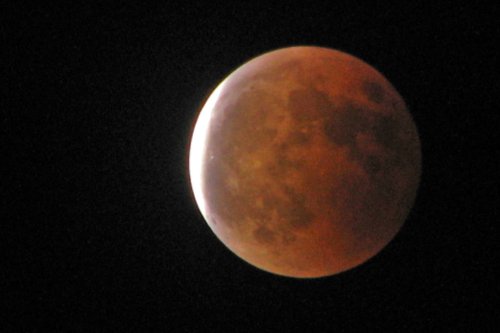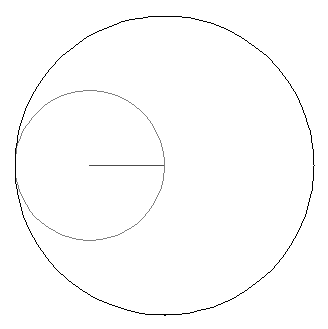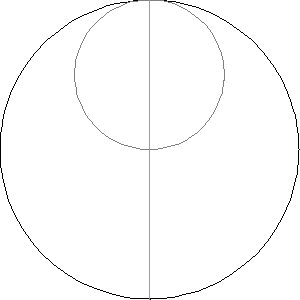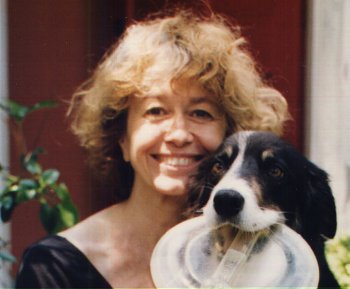
In 1964, as the Apollo program prepared to land a man on the moon, it received unexpected news from Zambia. “I’ll have my first Zambian astronaut on the moon by 1965,” announced Edward Mukaka Nkoloso, a grade-school science teacher and director-general of the Zambian National Academy of Space Research.
“We are using our own system, derived from the catapult,” he explained. It would fire a 10-foot aluminum and copper rocket that would carry 10 Zambian astronauts ultimately to Mars.
“I’m getting them acclimatized to space travel by placing them in my space capsule every day. It’s a 40-gallon oil drum in which they sit, and I then roll them down a hill. This gives them the feeling of rushing through space. I also make them swing from the end of a long rope. When they reach the highest point, I cut the rope — this produces the feeling of free fall.”
Unfortunately, “I’ve had trouble with my spacemen and spacewomen,” Nkoloso complained. “They won’t concentrate on spaceflight; there’s too much lovemaking when they should be studying the moon. Matha Mwamba, the 17-year-old girl who has been chosen to be the first woman on Mars, has also to feed her 10 cats, who will be her companions on her long space flight.”
The U.N. denied the £700 million Nkoloso needed “to really get going,” but his enthusiasm remained undiminished. In 1968 he congratulated the returning Apollo 8 team but urged: “Let us make a Zambian rocket today. We shall never be content to remain behind other races. This is our heavenly destiny, our natural ambition and cultural hegemony.”





